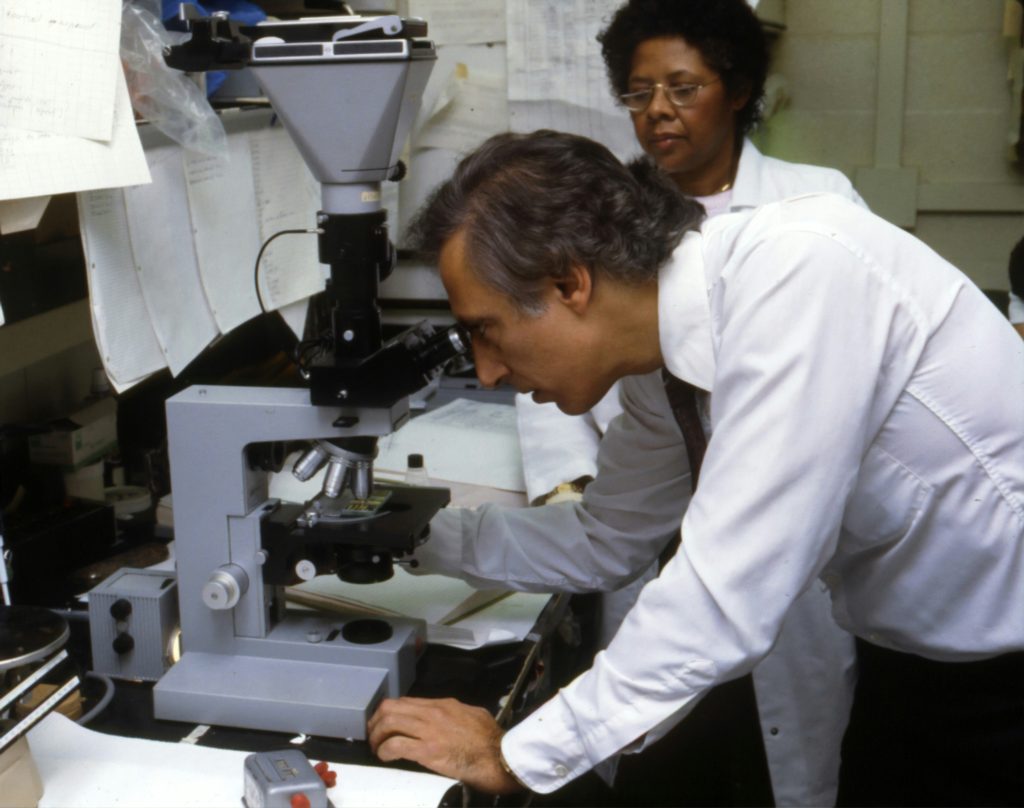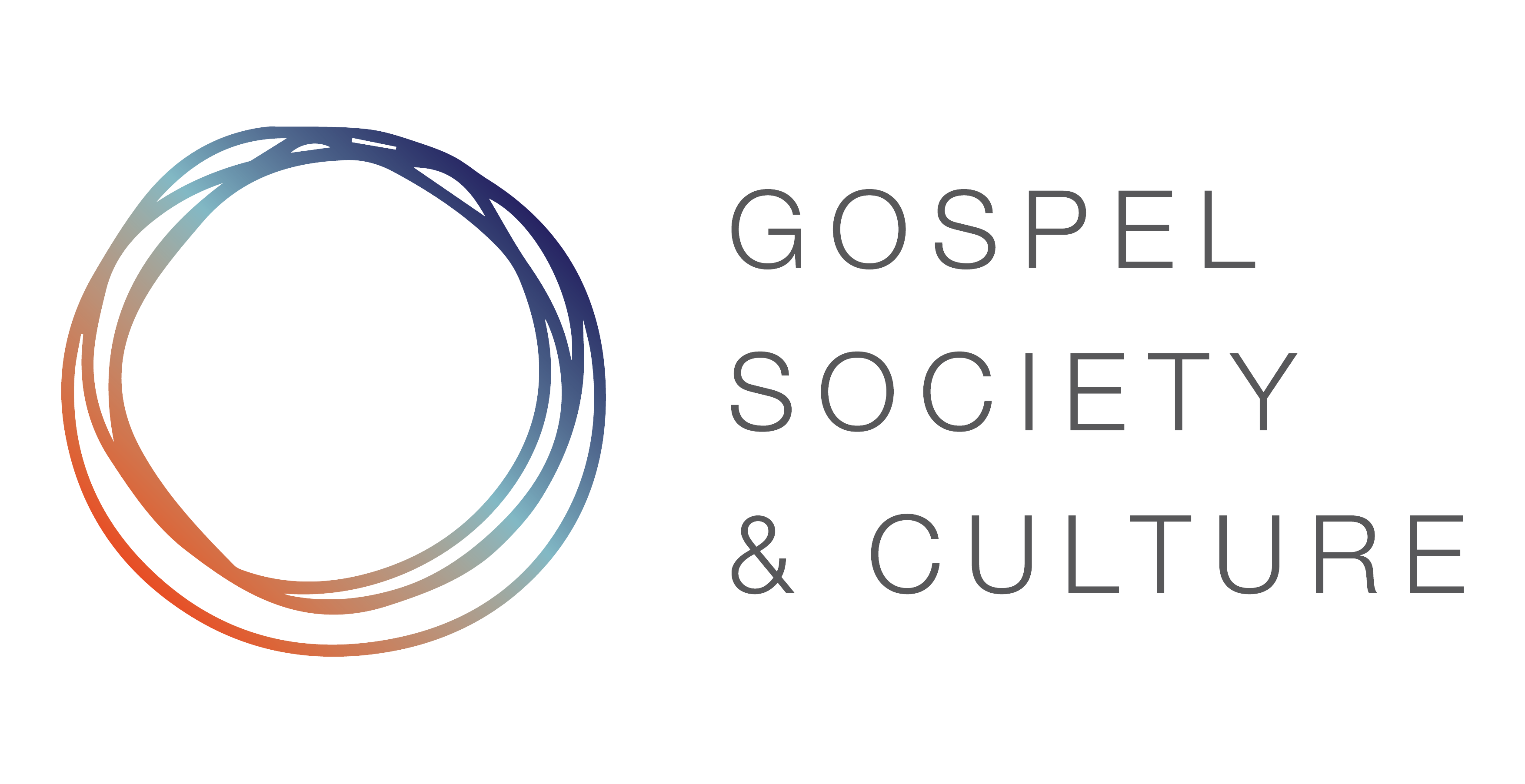by Stephen McAlpine

As embryo selection becomes more and more precise, now is not the time to hand over moral decisions to entrepreneurs. (Pic: NCI via Unsplash)
Life has changed a lot. When I was born, my mum knew she was having twins. This was back in 1967. What she didn’t know – and wasn’t able to know – was the sex of each twin.
Mum was hoping for a boy and a girl. Apparently I was going to be Pamela Rachel. The other twin – David Stephen.
What Mum got was two boys. After an inordinately long breech birth for both. Poor mum! And with all that tiredness, loss of blood and post-birth surgery, no new names were chosen. We were named David and Stephen – with not even a middle name between us.
Now ultrasound screening has been with us a while and changed a whole lot of things. Including whether or not we wish to keep babies based on all sorts of risk factors.
We’ve pretty much normalised the notion that any risk of Downs Syndrome will be met with the question “What would you like to do given what we think we might know?”
This has moved to a whole new level as technology has increased. One company in the USA, Orchid, claims to be able to screen for two thousand different propensities.
That’s right – propensities. Orchid, launched by tech wunderkind, Noor Siddiqui, is determined to remove as much risk as possible when it comes to having a baby.
And Noor Siddiqui is her own best advertisement. She herself has twenty embryos stored and is planning on more, though she only wants two girls and two boys.
In a long interview with The Times of London, Siddiqui explains to journalist Helena de Bertodano that her company will ensure that even before you implant an embryo that you know the risks.
That’s right – before. This is not about ultrasound screening of the baby in-utero. It’s genetic testing of embryos outside the body that will be or will not be implanted into the mother, who can choose to store 20 embryos in permanent limbo, based on percentage risks for diseases that might never develop.
As The Times reports:
We are not talking about simply screening for major birth defects or conditions such as Down’s syndrome — we are talking a full-scale analysis of each embryo’s predisposition towards all the 1,200-plus diseases and conditions about which we currently have genetic information, including a wide range of cancers, diabetes, coronary artery disease and even Alzheimer’s.
In other words, it leaves little or nothing to chance. Or providence. Or whatever. Predisposition is the name of the game.
Siddiqui is quick to point out that this is simply giving people what they want in the modern world:
“The current process is much worse: once the pregnancy is already in progress, you can get a very small amount of genetic information and find out about a very small list of those thousands of diseases. And then you have a very tough choice to make: you can either terminate or continue that pregnancy. I would way rather have the information before I’m pregnant.”
What’s interesting is that Siddiqui acknowledges the moral complexities of it all, but is breezily confident that we are more than capable of handling it:
“So much had to develop in the history of humans for us to be able to get here. It’s up to us to decide the morality and how it’s used. It’s just data on embryos at the earliest possible stage.”
The quote glosses over, even denies, some deep truths. The characteristics of embryos are not “just data”. Nor is it “up to us to decide the morality” of embryo use, nor of any issue around the start or end of life. Because in the current moral climate, the deciding factor is “what feels best to me.” When we are in thrall to technology and we see start of life issues outside the framework of God, then we become susceptible to the argument that this is “just data”.
As Christians we are committed to a view of human life that is far richer and more rewarding – and, yes, riskier – than what Orchid celebrates. Our admission is that life does not belong to us. We don’t get to decide these things. In fact with our omniscient God we have a confidence that the ultimate screening has been done by him. As God says to Jeremiah:
“Before I formed you in the womb I knew you, before you were born I set you apart; I appointed you as a prophet to the nations.” (Jeremiah 1:5)
While our anxious world clamours for more and more certainty and increasing control over life, it’s the biblical framework that can settle the heart. The comfort we have in the midst of the risks of disease or syndromes is that we belong to a God who knows us at a level far beyond what Orchid could ever know.
And while Noor Siddiqui presents Orchid as the fun-filled future of family, risk-free and smoothed out, God’s people commit to a sovereign Creator who Himself has already framed the moral discourse for these matters.
No wonder, then, that each time the Times reporter, Helena de Bertodano, explained the Orchid concept to her friends, their reaction was visible recoil. Even with the desire to smooth out life and make it run the way we wish, there’s an inbuilt – a God-built – notion of true morality within us all. The church would do well to focus on this recoil as it pushes back against these issues in the public square.
As a footnote, Noor Siddiqui’s own mother has a genetic condition called retinitis pigmentosa which has left her legally blind. One wonders if Siddiqui ponders the irony, that if the technology had been available sixty or so years ago, her own mother may have been screened out. Playing God comes with consequences.
The future for the likes of Orchid may not be as smooth as Siddiqui thinks. And who knows whether the screened embryo who grows to be the child she will supposedly treasure, will suffer from some ailment she had not foreseen? That child’s true comfort will be that God himself knew them before they were implanted. And loved them. And gave his Son to die for them, for the one propensity that cannot be screened out – their sin – the one propensity which should, by rights, damn us all before we are even born.
(Editor’s note: The Times article is behind a paywall, but this one from Wired is not.)
